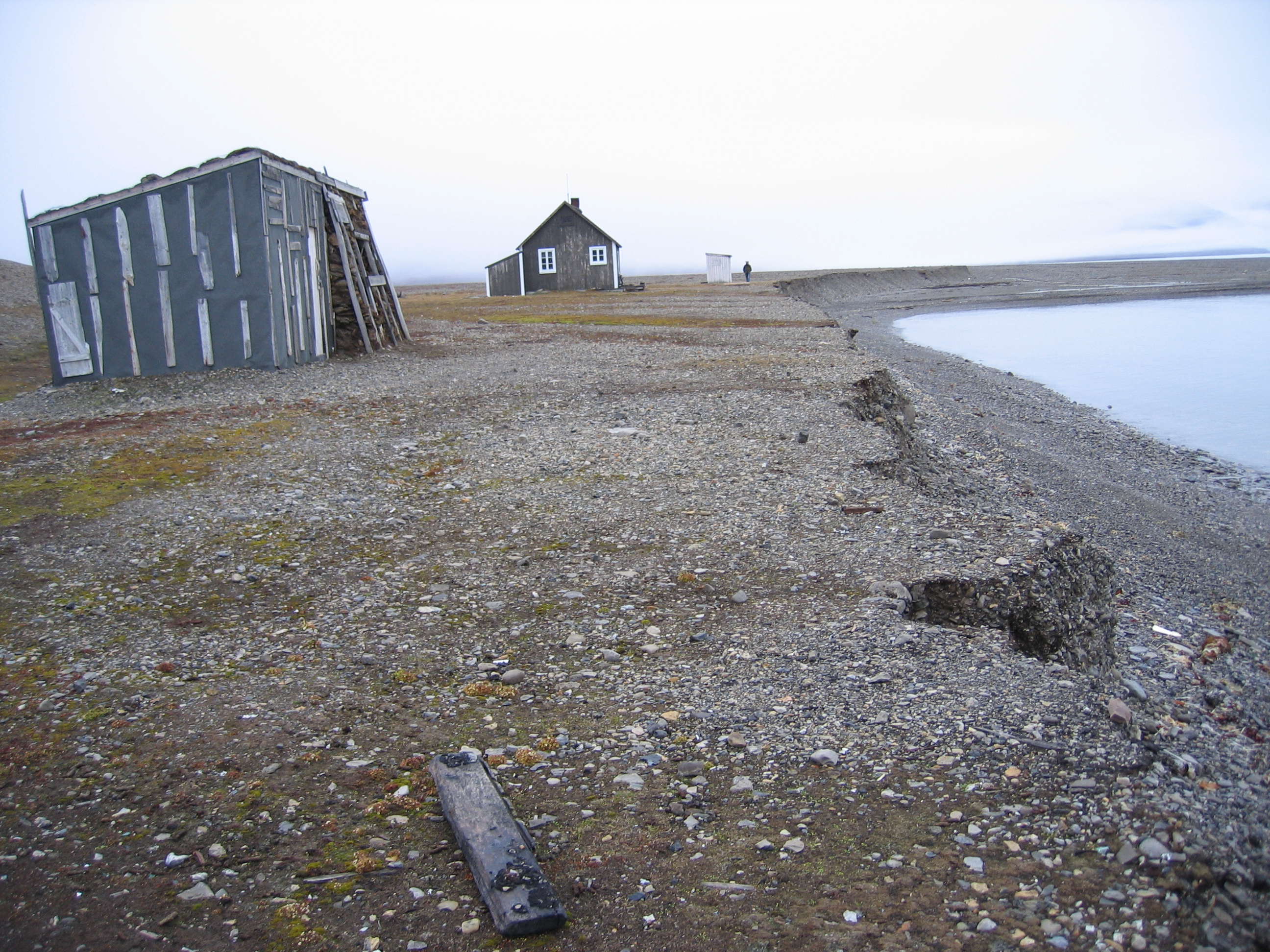The School of Engineering, University of Edinburgh will host an interactive seminar on September 18, from 3pm – 5:30pm, titled “From Risk to Resilience in Climate Change: Creating Opportunities!”
Resilience is a buzz-word when it comes to preparing for climate change and its consequences.
While many resilience-related activities are policy-oriented, this highly interactive seminar is part of a range of Solution-Finding Sessions that all use the DIEM Focused Feedback Methodology: a ‘hands-on’ approach to collect practical recommendations.
After an introduction to set the stage, the DIEM’s Focused Feedback Methodology pulls you inside a gripping ‘What If…?’ flooding scenario and creates a sense of co-ownership among the teams who will then be tasked with formulating their own conclusions and corresponding recommendations on what to do (better) during four Critical Moments-in-Time in the scenario.
Within a month of the seminar, participants will also receive a report which will summarize the results of the feedback and include a trend-analysis and some benchmarking information. DIEM’s international jury will select best recommendations and team performance.
Presenter: Eelco H. Dykstra, M.D – – The Hague, Netherlands;
• 11th Brunel Internationale Lecturer
• Director of DIEM, Expert Network and Primary Research Group
Host: Professor Gordon Masterton OBE, Chair of Future Infrastructure
How to apply: By e-mail to: eelco.dykstra@diem.nu or diemthehague@gmail.com
Applications are welcome from both individual participants as well as from pre-established teams.
Cost: £45 for students, £75 for non-students.
Please note that your participation and payment also entitles you to apply for a one-year membership in the DIEM Network in the Student/Young Professional¹ or Subscriber² categories.
¹ Other than participating in the Online Knowledge Exchange (OKE) program (access to information and out-of-network contacts), DIEM operates a mentoring program in which students and young professionals can be matched with and connected to selected DIEM Partners and Experts
² Subscribers receive news, updates and can submit specific questions to our Partners and Experts. Groups of Subscribers may also be asked to function as a ‘review board’ to assess new approaches, ideas, or recommendations.
 Historic Environment Scotland (HES) is leading an international initiative to support communities across Northern Europe in assessing the impact of climate change on historic buildings, archaeological sites and other heritage locations.
Historic Environment Scotland (HES) is leading an international initiative to support communities across Northern Europe in assessing the impact of climate change on historic buildings, archaeological sites and other heritage locations.
Adapt Northern Heritage brings together 15 partners from Iceland, Ireland, Norway, Russia, Scotland and Sweden. The three year project –which started this month– aims to help communities adapt their historic sites to climate change and increase their resilience to its impacts.
As part of the project, HES is working with three project partners: Minjastofnun Íslands (Cultural Heritage Agency of Iceland), Riksantikvaren (Norway’s Directorate for Cultural Heritage) and Norsk institutt for kulturminneforskning (Norwegian Institute for Cultural Heritage Research). HES will also engage with eleven associated partners, including Argyll & Bute Council, the National Trust for Scotland and Timespan – Helmsdale Heritage & Arts Society.
To support communities in Europe’s remote northern regions, the project will develop an online tool to assess the climate related risks affecting historic places, and provide guidance for the planning of strategic adaptation measures to limit and manage these risks. The tool will be developed, tested and demonstrated in ten case studies across Northern Europe, two of which will be in Scotland: the historic town of Inverary in Argyll and Bute and Threave Castle and Estate in Dumfries and Galloway. The project will also create a community network with a discussion platform, round table workshops and training events.
Ewan Hyslop, Head of Science and Technical Research at HES, said: “There are a number of challenges faced by regions in Europe’s Arctic and Northern periphery, with its remote locations and geographically dispersed communities, which make it difficult to manage cultural heritage in ways which actively take climate change into account.
“Adapt Northern Heritage will support stakeholders by helping to build capacity and provide tools that will enable communities and authorities in northern European regions to cope better with the complexities of historic site management in times of a changing climate.”
Gudmundur Sigurdarson, project manager at Minjastofnun Íslands, added: “Experiences of conserving cultural heritage in Scotland might well become helpful in Iceland, considering how drastically our climate is likely to change over the coming decades.
“The project case studies will be informative and helpful for anyone trying to plan for the future of historic sites in the 21st century.”





